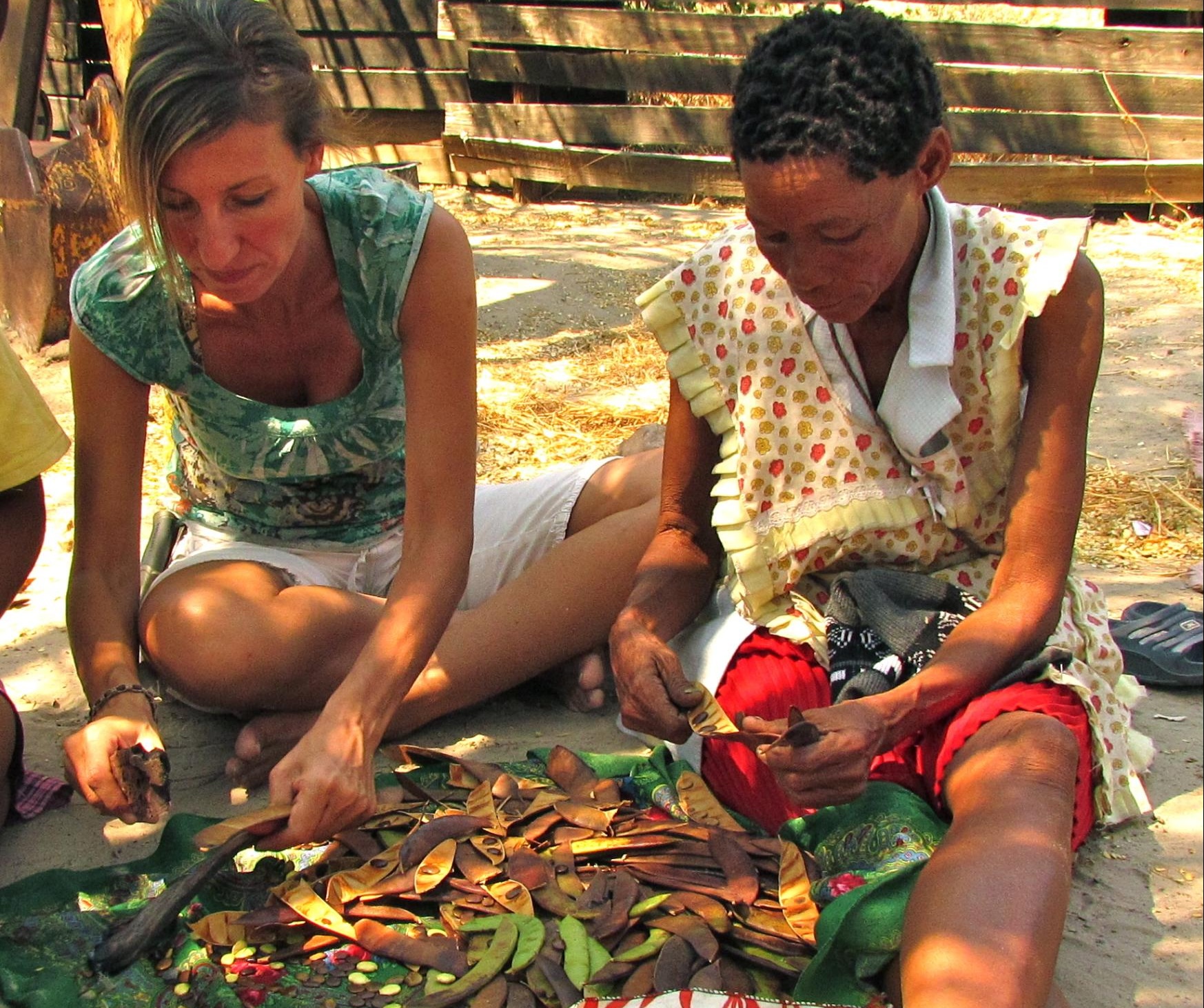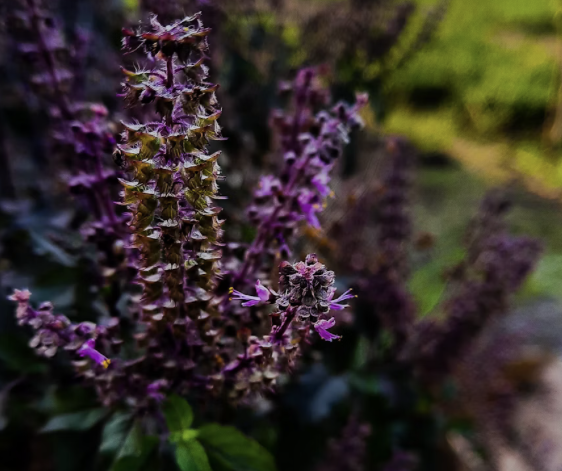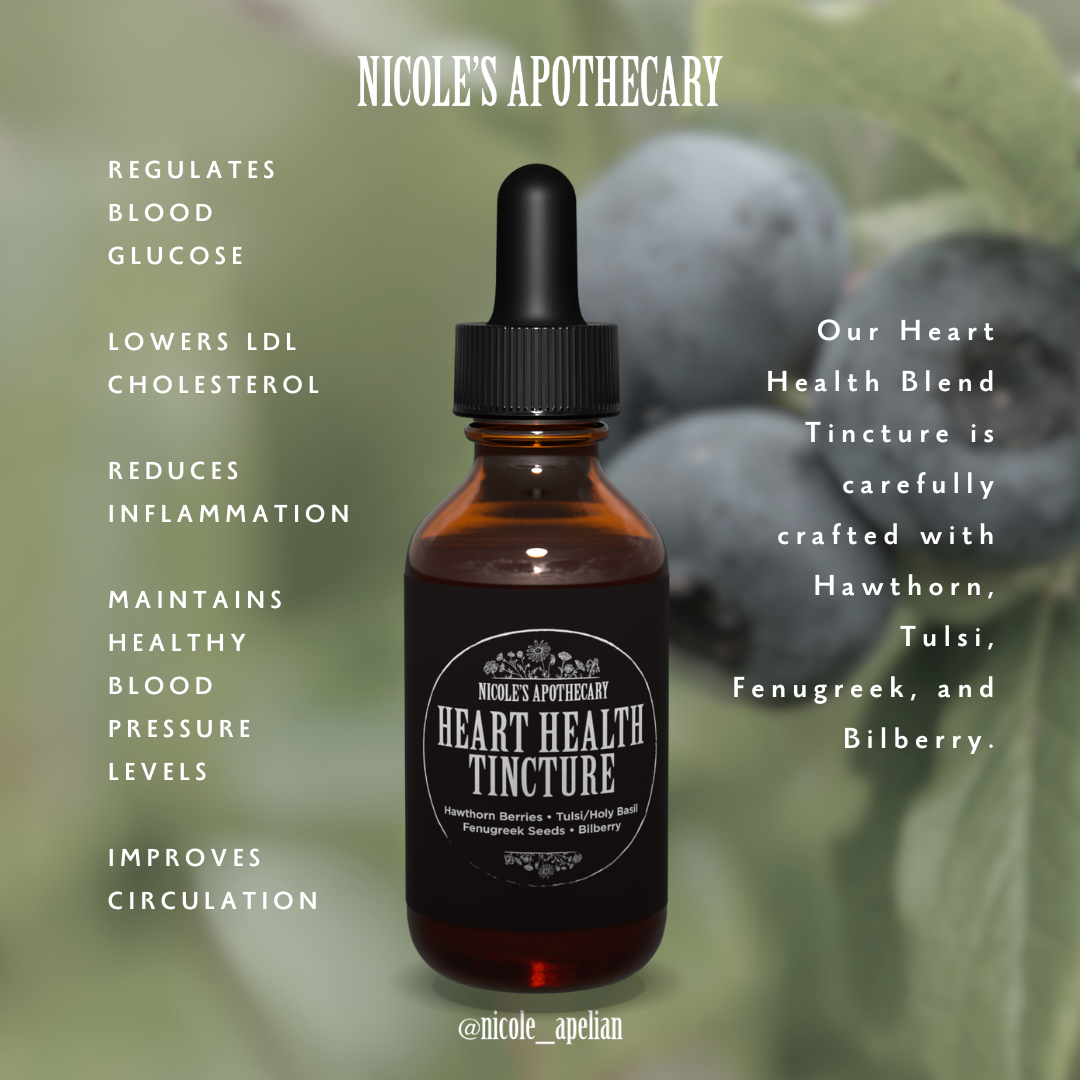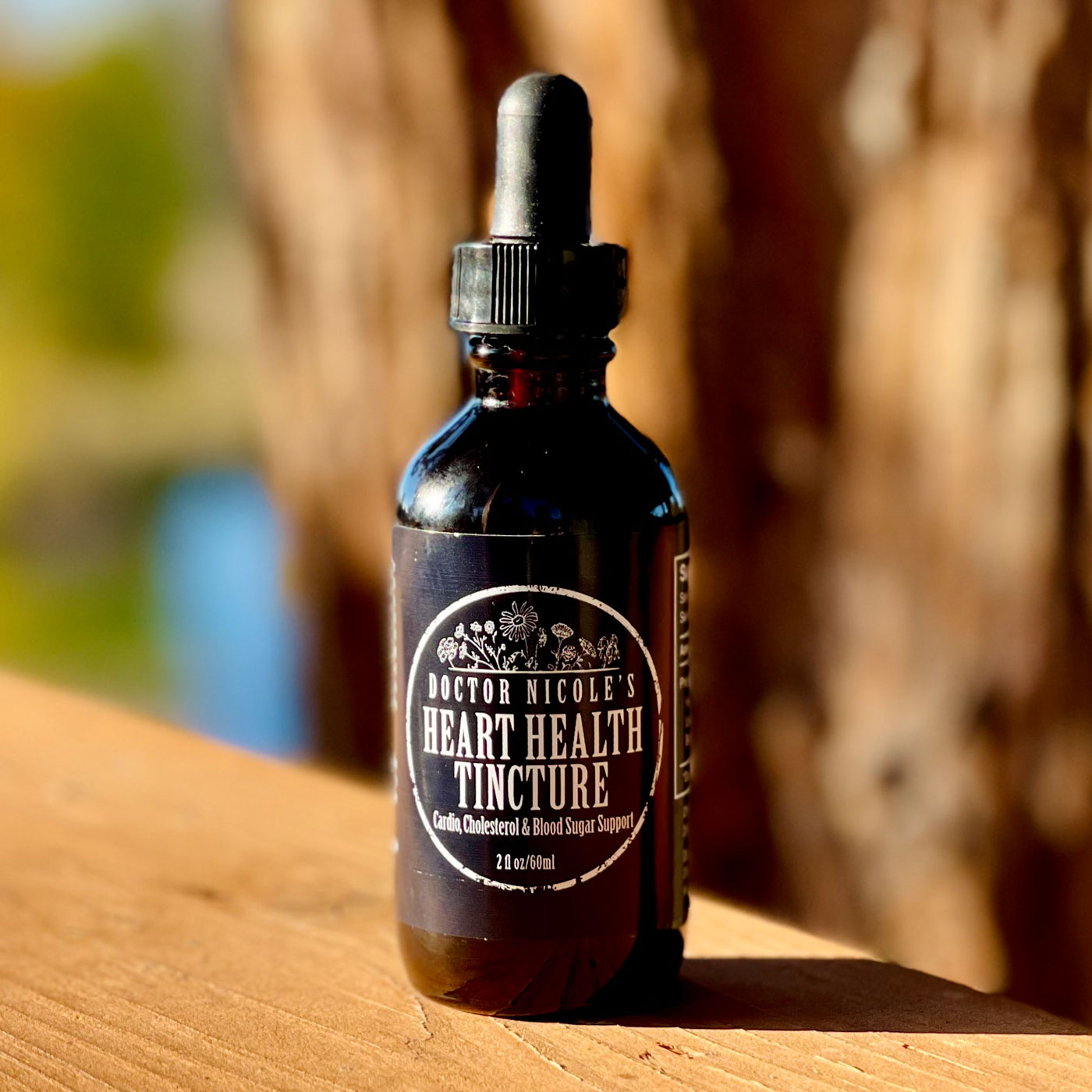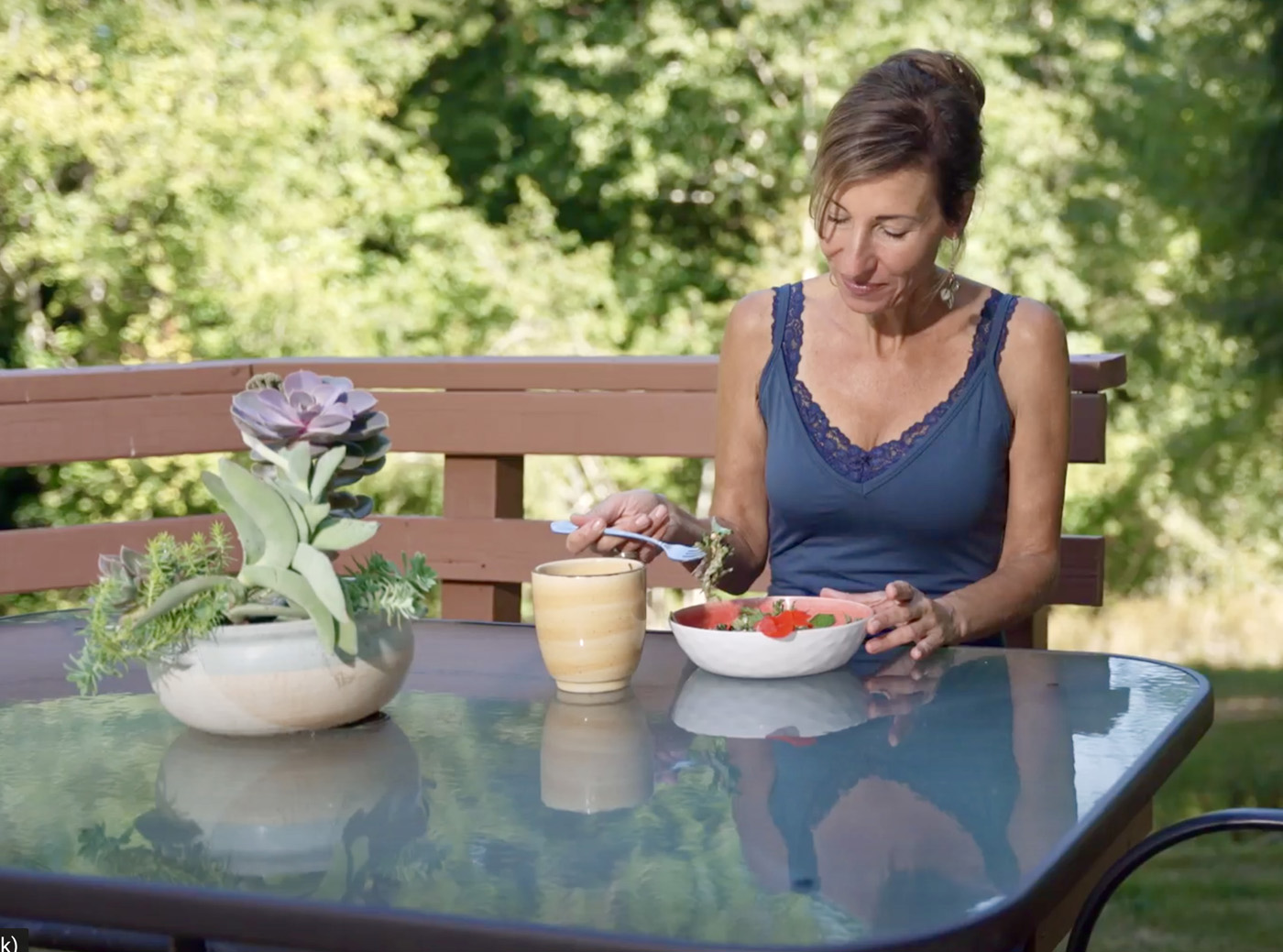Dietary Habit Provides Big Benefits
If you are seeking a straightforward method for lowering cholesterol, cooling inflammation, and boosting overall health, a recent study has found a simple dietary intervention can do this and more: daily consumption of beans. The small twelve-week study involved patients with pre diabetes and was presented at the NUTRITION 2025 conference. Considering 29.1 million people in the US have diabetes, with an additional 8.1M people believed to be undiagnosed, the findings are welcome news.
This is What Happens When You Eat Legumes Regularly
For the study, researchers recruited 72 individuals with pre diabetes — a characteristic of metabolic syndrome where blood sugar levels fall below the threshold of diabetes, but are still elevated. Pre diabetes typically does not present symptoms, but often accompanies obesity, high cholesterol levels, and hypertension. The participants were randomized into three groups: consuming one cup of white rice, one cup of chickpeas, or one cup of black beans per day. Blood samples were taken at the beginning of the study, then again at the six and twelve week mark, and measured high-density lipoprotein (HDL) cholesterol (“good cholesterol”); low-density lipoprotein (LDL) cholesterol (“bad” cholesterol); C-reactive protein (a compound released in response to inflammation); and interleukin-6 (IL-6) — a biomarker for inflammation. Glucose metabolism and blood glucose levels were also documented.
At the end of the study, the team found that those who consumed chickpeas had a significant reduction in total cholesterol, while those in the black bean group had reduced levels of IL-6 inflammatory markers. Maddie Gallivan, a registered dietitian who was not involved in the study, notes that the soluble fiber in the legumes helped to lower cholesterol in the participants by reducing how much was absorbed into the bloodstream.2 Soluble fiber also binds to cholesterol in the gut and effectively escorts it out of the body via the stool.
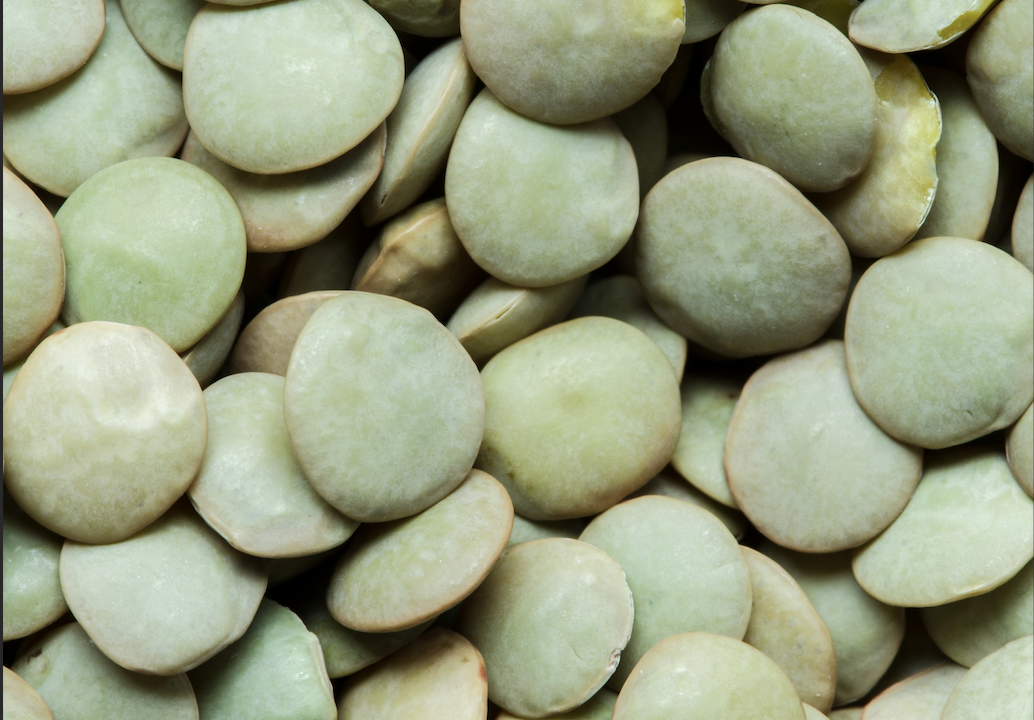
Additional Benefits
Not only do beans help to lower cholesterol and inflammation, they also reduce cancer risk, support immunity, boost “good” bacteria in the gut, and may help you to lose weight due to their high fiber composition that delays gastric emptying, which helps you to feel full longer. Beans are also an outstanding source of plant-based protein, keep you regular, and help to reduce blood pressure.3,4,5,6,7
Even with all these benefits, there are some who avoid eating legumes as they are known to cause bloating and gas. As with any high fiber food, it’s always best to start small until your digestive system adjusts. Drinking plenty of water can also help with more comfortable digestion of beans. How you cook legumes is important too.
You will want to soak beans for at least 16 hours, then drain and add fresh water before cooking. Studies have shown this helps to reduce problematic soluble sugars, otherwise known as alpha-galacto-oligosaccharides (α-GOS).8 Cultures that consume a fair share of beans add spices during the cooking process that can help to improve digestibility — such as peppermint, ginger, fennel, cumin seed, garlic, and onion. Asian cultures are known to add a piece of dried kombu seaweed when boiling beans to help ease digestion.
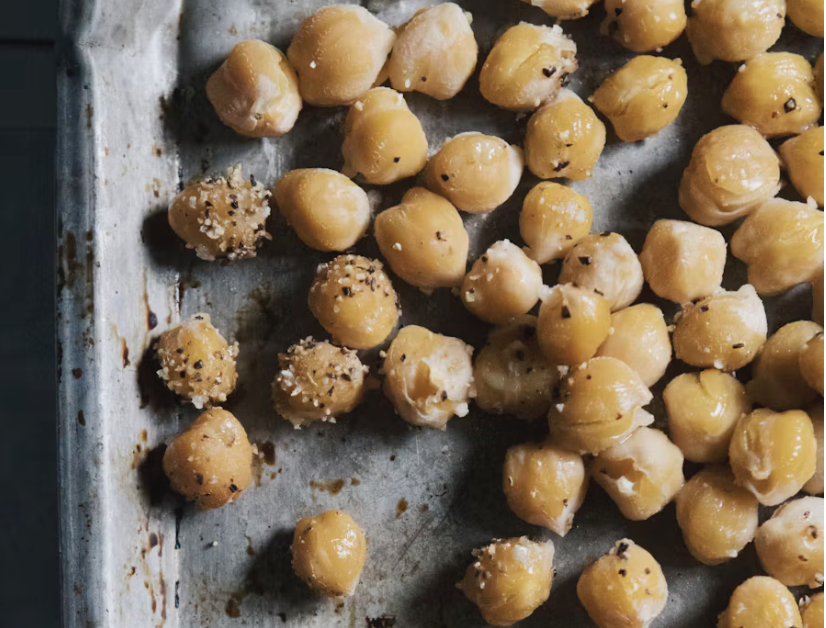
Which Bean is Best?
While all beans are beneficial, here are a few healthy highlights:
Lentils are a nutritional powerhouse packed with polyphenols, prebiotics, and plant-based protein. Studies have shown higher consumption of polyphenols have anti-inflammatory and antioxidant effects — and also help to lower the risk of cancer, diabetes, and heart disease.9
Black beans are a good source of vitamins, minerals, and antioxidants. Like lentils and other legumes, they are rich in protein and fiber. Black beans are also packed with choline, an essential nutrient that helps to maintain the membranes around your cells. The brain and nervous system are also dependent on this nutrient to regulate mood and control muscle contractions.
Chickpeas — otherwise known as garbanzo beans — contain the water-soluble B vitamin folate, which is crucial for protein metabolism and supporting cell health and function. It’s a well-known nutrient for pregnancy or those trying to conceive, as it helps to prevent neural tube defects in the baby. Chickpeas are also low-glycemic, so they will not spike your blood sugar. This, along with their high protein and fiber content, helps to lower your risk of insulin resistance and type II diabetes. The same applies for all legumes.10
Lupini beans — these little-known legumes in North America are among the richest sources of plant-based protein available, with an impressive 13 grams per 1/2 a cup. You can usually find them already seasoned and cooked in snack packs at your local health food store. Lupini beans are rich in zinc and magnesium. Zinc helps to support your immune system, cellular health, and wound healing, while magnesium is essential for hundreds of enzyme systems in the body that regulate muscle and nerve control, protein synthesis, blood pressure levels, and more.
Heart & Blood Sugar Herbal Support
Along with integrating more beans into your daily meals, herbal remedies are also an outstanding option for supporting your cardiovascular and metabolic health. Our Heart Health Blend is a science-backed formulation that contains Hawthorn, Tulsi (Holy Basil), Fenugreek, and Bilberry to naturally regulate blood sugar, lower LDL cholesterol, reduce inflammation, and maintain healthy blood pressure.
Beyond heart health, it also supports circulation and nourishes vision, making it a truly comprehensive approach for long-term wellness. Convenient, effective, and crafted from concentrated herbal extracts, our Heart Health Blend is the gold standard in natural cardiovascular support.
MY HEART FEELS STEADY AGAIN — I COULDN’T BE HAPPIER!
“Love it! Even the taste is pretty good! But for me, it stopped my heart from skipping beats like a-fib. I couldn’t be more satisfied!” – Vicki
Care for your heart with full potency herbal extracts that are effective, yet gentle — visit Nicole’s Apothecary today to learn more!
Nicole Apelian
Nicole’s Apothecary Products in this Post
References
- NUTRITION 2025, May 31 – June 3, Orlando Florida. https://nutrition.org/meeting/
- “Eating beans daily may help reduce inflammation, and lower cholesterol”, by Tim Newman | Fact Checked by Jill Seladi-Schulman, Ph.D, Medical News Today, June 3, 2025. https://www.medicalnewstoday.com/articles/eating-beans-chickpeas-daily-may-help-reduce-inflammation-lower-cholesterol
- Martini, Daniela et al. “Nut and legume consumption and human health: an umbrella review of observational studies.” International journal of food sciences and nutrition vol. 72,7 (2021): 871-878. doi:10.1080/09637486.2021.1880554
- Deng F, Li Y, Zhao J. The gut microbiome of healthy long-living people. Aging (Albany NY). 2019;11(2):289-290. doi:10.18632/aging.101771
- Shakoor H, Feehan J, Apostolopoulos V, et al. Immunomodulatory effects of dietary polyphenols. Nutrients. 2021;13(3):728. doi:10.3390/nu13030728
- Centers for Disease Control and Prevention. Fiber: The carb that helps you manage diabetes. https://www.cdc.gov/diabetes/healthy-eating/fiber-helps-diabetes.html
- Moon J, Koh G. Clinical evidence and mechanisms of high-protein diet-induced weight loss. J Obes Metab Syndr. 2020;29(3):166-173. doi:10.7570/jomes20028
- Njoumi, Sondos et al. “Soaking and cooking modify the alpha-galacto-oligosaccharide and dietary fibre content in five Mediterranean legumes.” International journal of food sciences and nutrition vol. 70,5 (2019): 551-561. doi:10.1080/09637486.2018.1544229
- Da Porto, Andrea et al. “Polyphenols Rich Diets and Risk of Type 2 Diabetes.” Nutrients vol. 13,5 1445. 24 Apr. 2021, doi:10.3390/nu13051445
- Banaszak M, Górna I, Przysławski J. Non-Pharmacological Treatments for Insulin Resistance: Effective Intervention of Plant-Based Diets-A Critical Review. Nutrients. 2022 Mar 27;14(7):1400. doi: 10.3390/nu14071400. PMID: 35406013; PMCID: PMC9002735.

